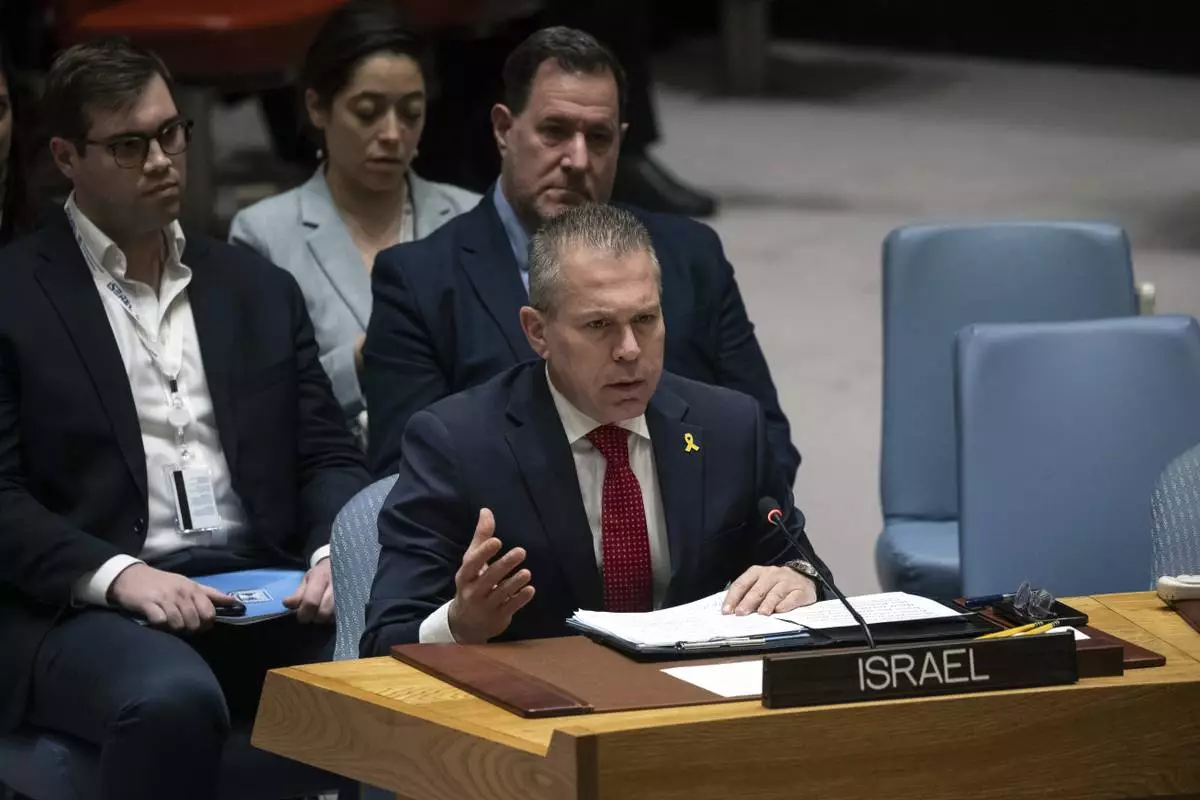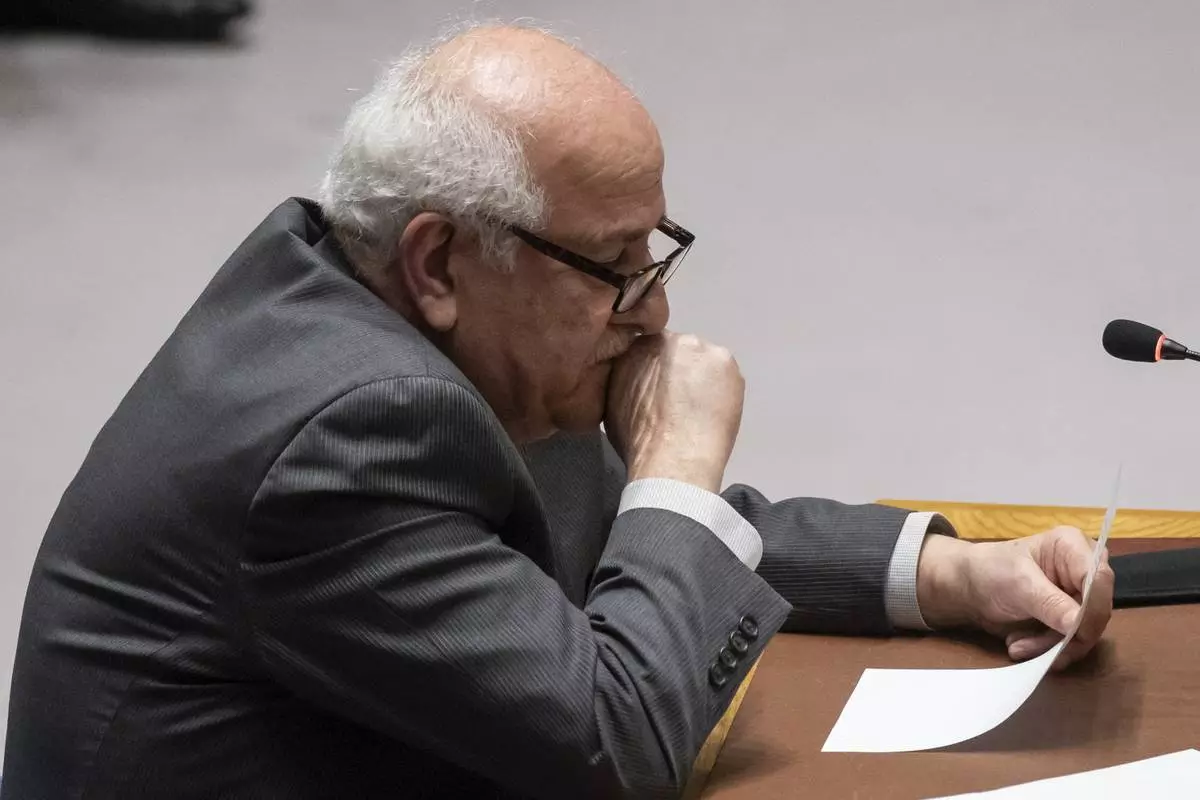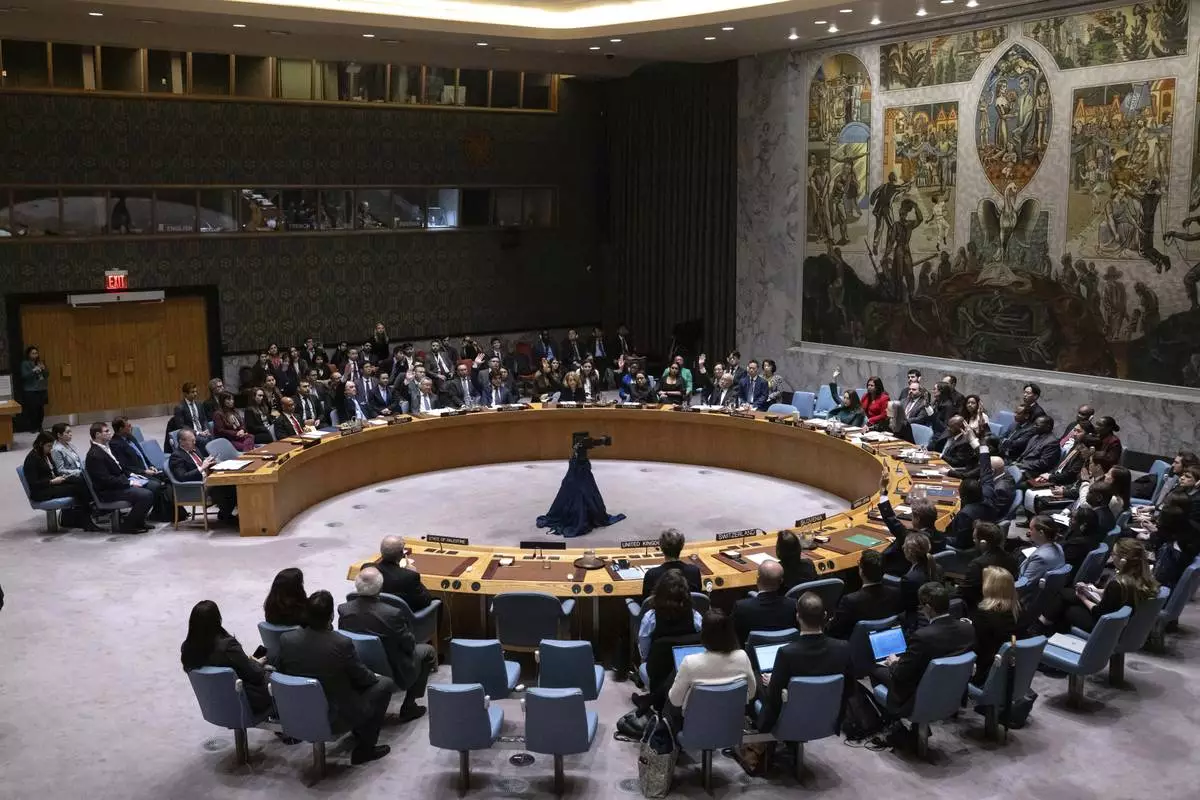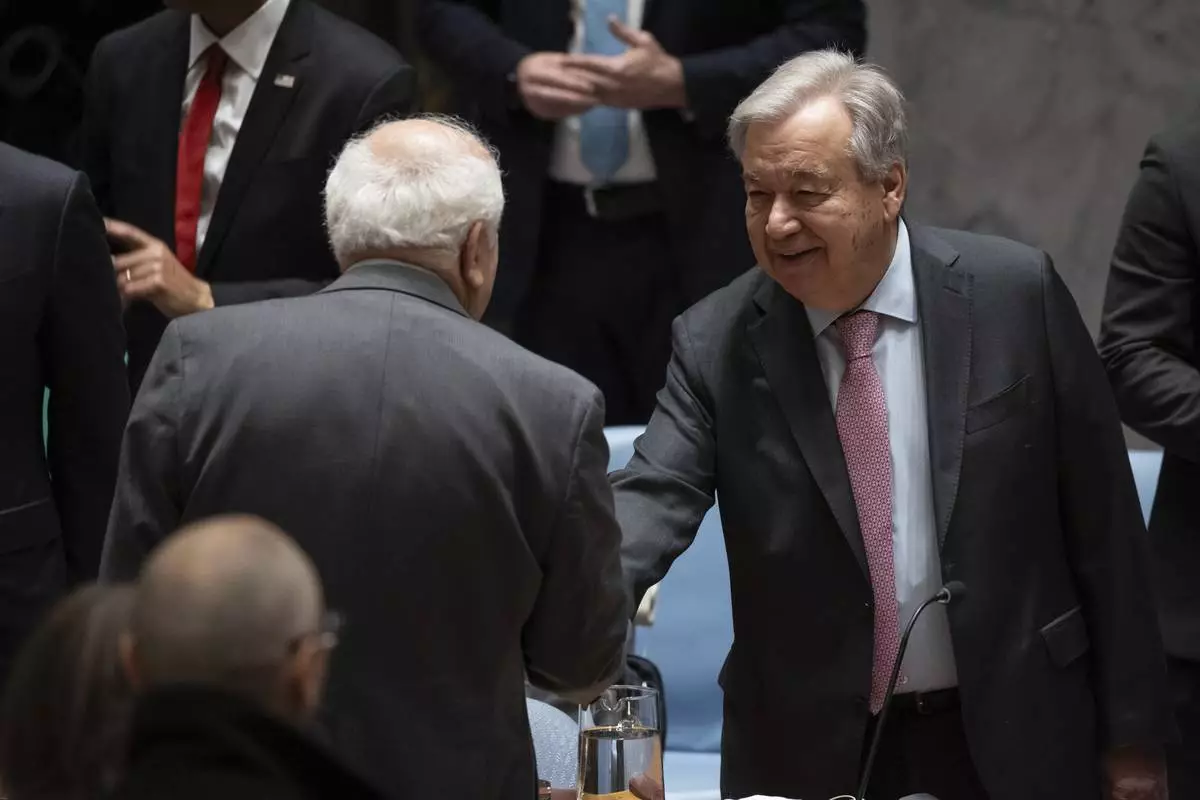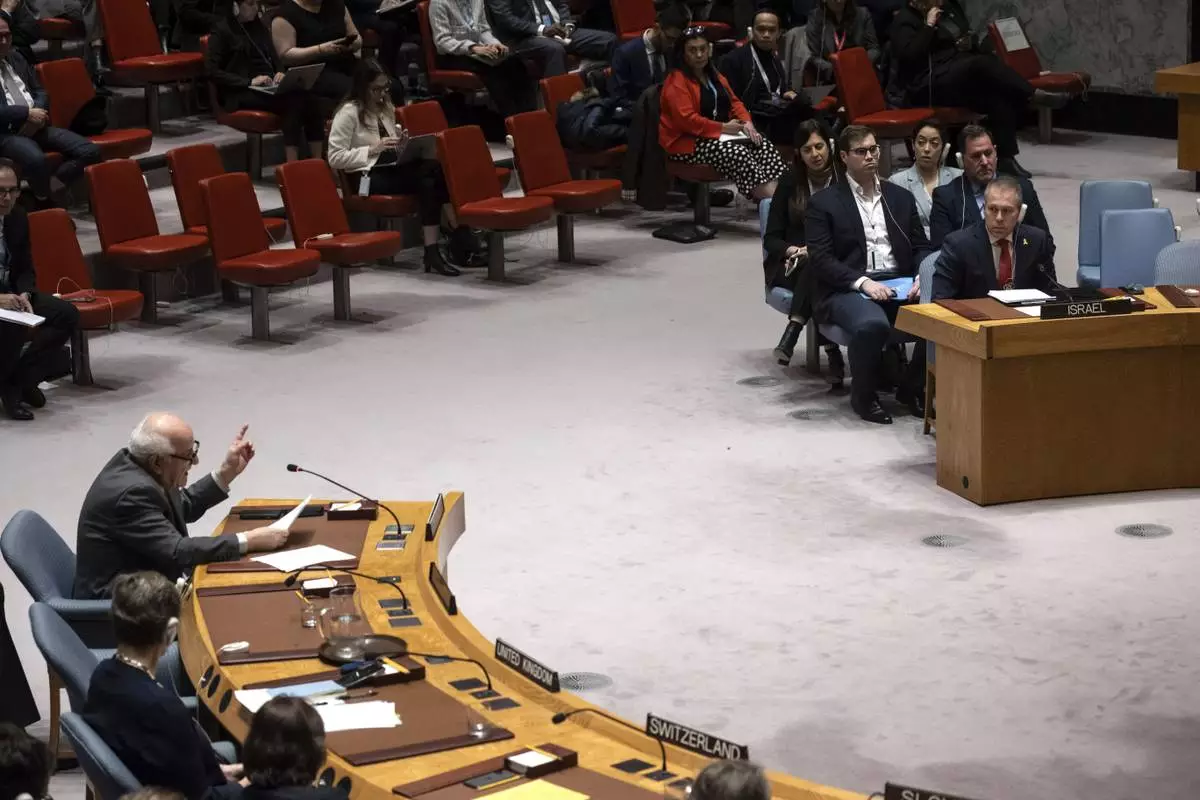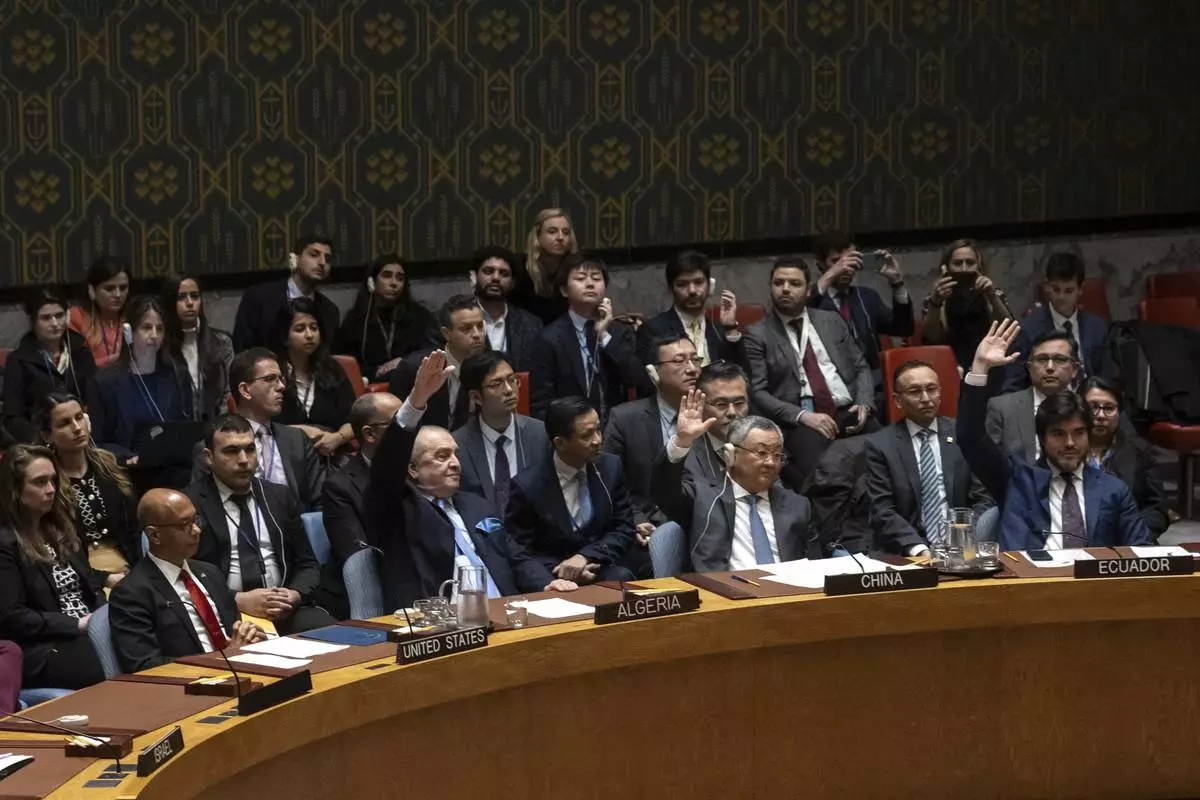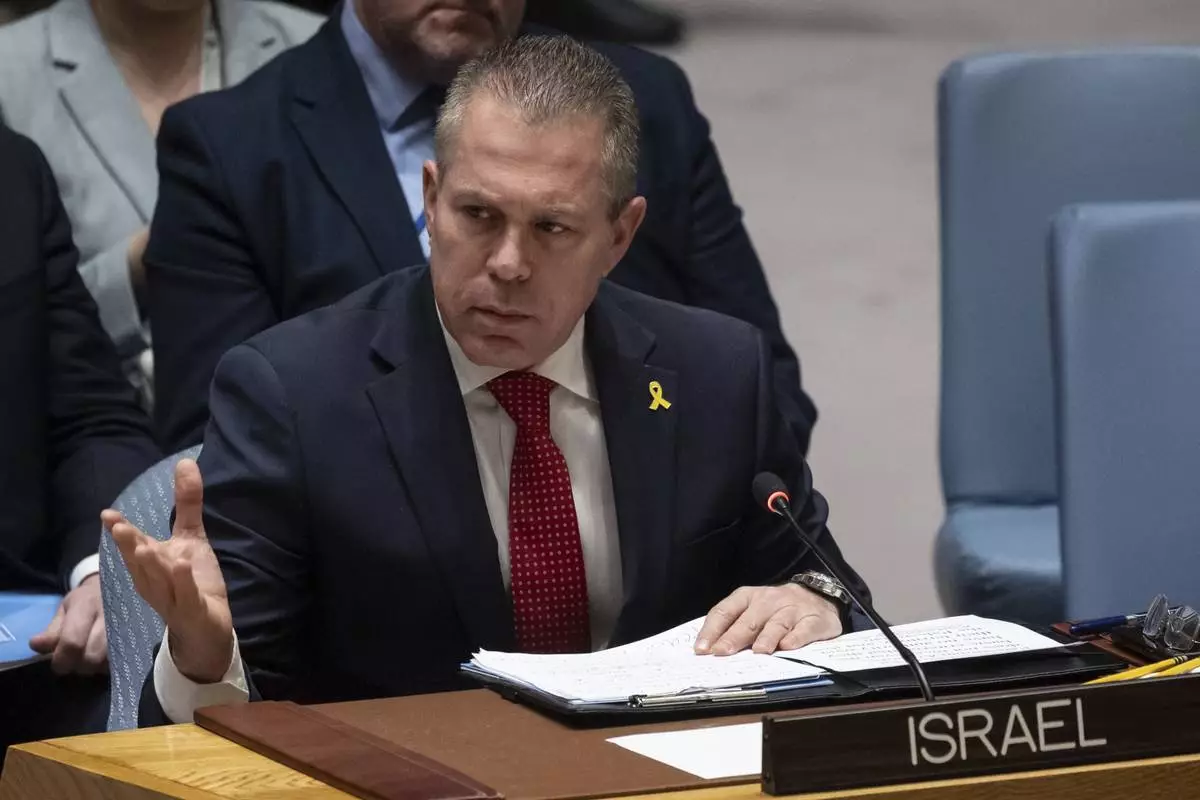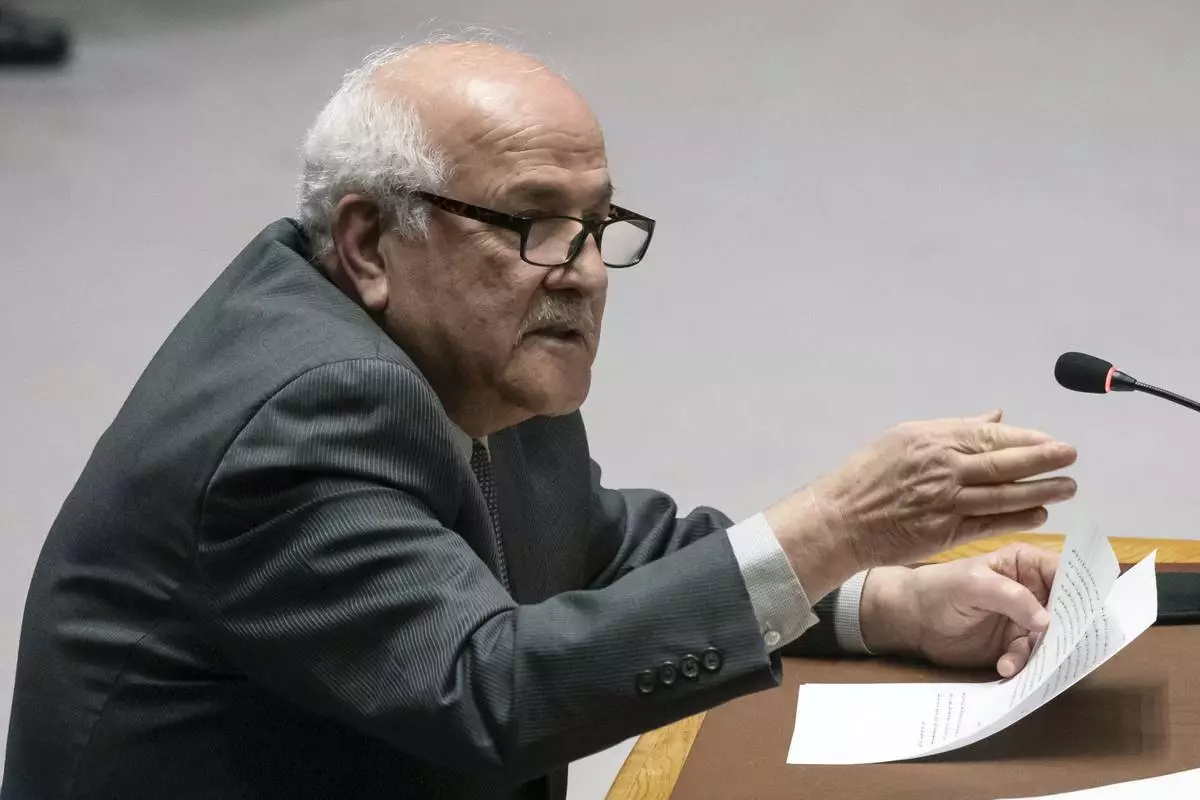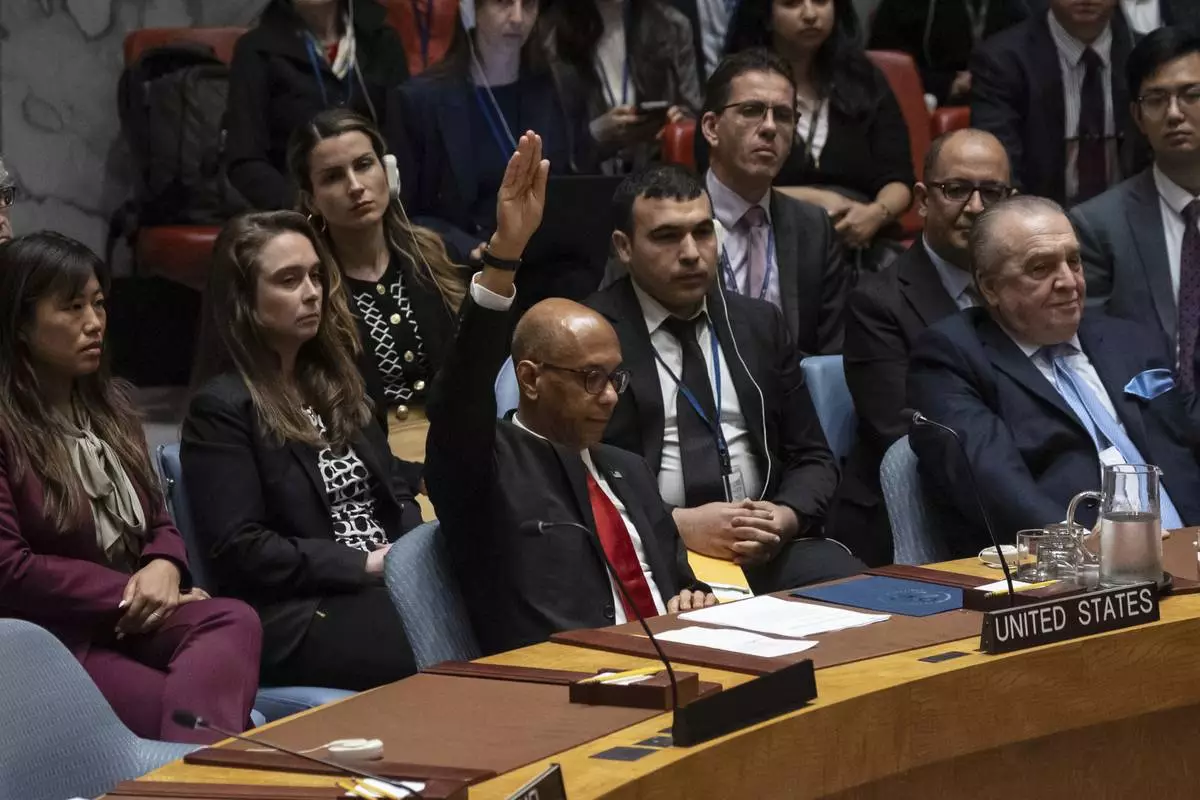It's just a few hours before "Jojo Rabbit" will make its world premiere and writer-director Taika Waititi is still figuring out how to talk about it.
"I still don't even really know how to describe it without making people shift uncomfortably," says Waititi with a shrug.
"Jojo Rabbit" is as singular as its director, the idiosyncratic New Zealand filmmaker of the off-kilter buddy comedy "The Hunt for the Wilderpeople" and the vampire mockumentary "What We Do in the Shadows." The new film, which Fox Searchlight will release Friday, is a comic coming-of-age story about a 10-year-old boy named Jojo (Roman Griffin Davis) who lives with his mom (Scarlett Johansson) and has a buffoonish imaginary friend he talks to for company and guidance.
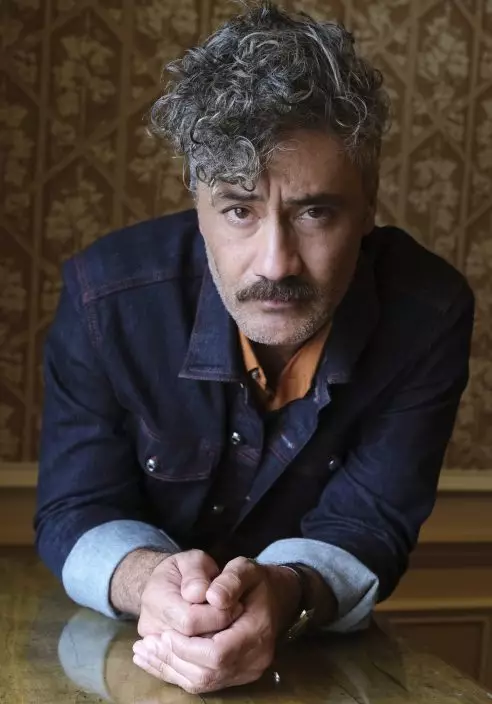
This Sept. 8, 2019 photo shows writer-director-actor Taika Waititi posing for a portrait to promote his film, "Jojo Rabbit," at the Fairmont Royal York Hotel during the Toronto International Film Festival in Toronto. (Photo by Chris PizzelloInvisionAP)
Oh, and also "Jojo Rabbit" is set in Nazi Germany and the imaginary friend is Adolf Hitler.
But that summary doesn't really do the job, either. Hitler, as played with bug-eyed flair by Waititi, is really the young boy's confused, half-formed idea of Hitler, the man he's been indoctrinated to idolize. The movie starts off a madcap comedy and gradually morphs into something sweetly sentimental, as Jojo begins questioning what he's been told about Jews after discovering one (Thomasin McKenzie) living in his attic. "Jojo Rabbit" is about growing up in a world where the received wisdom is ridiculous.
To say the least, it's not the sort of thing most directors coming off a smash-hit Marvel movie would make. Waititi's "Thor: Ragnarok" made $848 million worldwide, and he's set to direct its 2021 sequel. But in between, Waititi used his newfound industry capital to get "Jojo Rabbit" — a film he started writing in 2011 — greenlit. Pitching a movie that combines quirkiness with the Holocaust was no easier than talking to journalists about it.
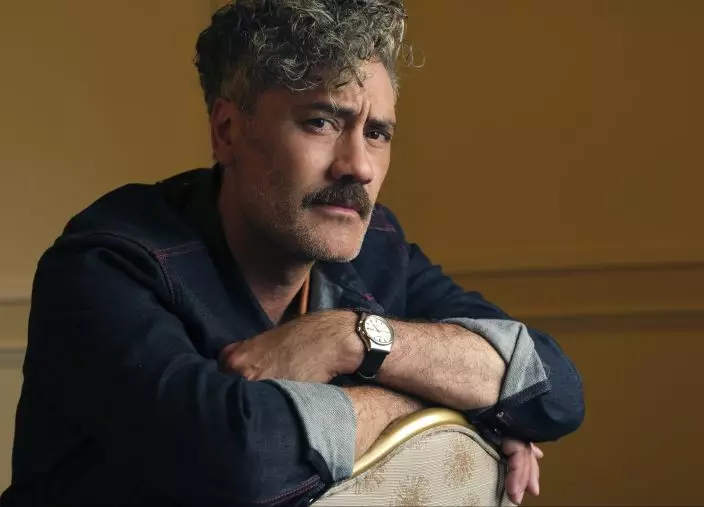
This Sept. 8, 2019 photo shows writer-director-actor Taika Waititi posing for a portrait to promote his film, "Jojo Rabbit," at the Fairmont Royal York Hotel during the Toronto International Film Festival in Toronto. (Photo by Chris PizzelloInvisionAP)
"You don't walk into a studio and say: 'Nazi comedy!'" Waititi jokes.
The 44-year-old filmmaker was meeting at the Toronto International Film Festival where Waititi, jetlagged from the travel, asked if he might put on sunglasses "so long as you don't construe that as me being arrogant or trying to be a musician." In Toronto, "Jojo Rabbit" went on to win the festival's audience award, a prize that for the last decade has corresponded with a best-picture nomination at the Academy Awards.
"Jojo" was a hit with Toronto audiences, who celebrated Waititi's seemingly impossible balancing act. But the critical reception has been mixed. The easiest comparison has been Wes Anderson's "Rushmore" meets Roberto Benigni's "Life Is Beautiful," and some view such an unlikely tonal combination as trivializing a historical trauma. Even those who have cheered "Jojo Rabbit" quickly grant it's a movie that, on paper, shouldn't work.

This Sept. 8, 2019 photo shows writer-director-actor Taika Waititi posing for a portrait to promote his film, "Jojo Rabbit," at the Fairmont Royal York Hotel during the Toronto International Film Festival in Toronto. (Photo by Chris PizzelloInvisionAP)
But Waititi, who's Jewish and Maori, from the Te Whanau-a-Apanui tribe, has long delighted in melding light and dark, playful and serious. "I don't like something where I feel like I know what's going to happen next," he says. "I like going from a fun moment to something tragic or shocking."
The son of a painter and a schoolteacher, Waititi came up in Wellington, New Zealand, doing experimental stage shows and comedy acts (he and Jemaine Clement were a touring comedy duo dubbed The Humourbeasts). His first short film, 2002's "John and Pogo," was about a policeman and a dog, only the dog was played by a man. His 2005 short "Two Cars, One Night," like "Jojo Rabbit," is about how children perceive the world. In it, two Maori kids waiting for their parents outside a pub go from hurling insults at each other to a sincere friendship in 10 minutes. It was nominated for an Oscar. During the broadcast, Waititi feigned sleeping while the category's nominees were read.
"Jojo" producer Carthew Neal, who with Waititi set up the collective Piki Films (the name means to climb or ascend in Maori), says Waititi's career path should surprise no one.
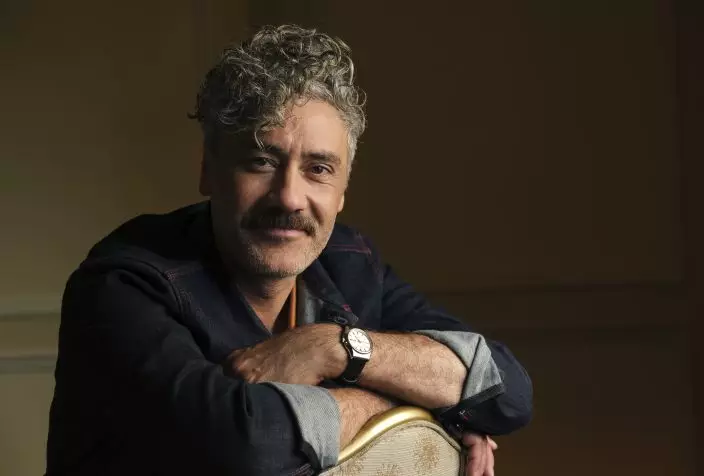
This Sept. 8, 2019 photo shows writer-director-actor Taika Waititi posing for a portrait to promote his film, "Jojo Rabbit," at the Fairmont Royal York Hotel during the Toronto International Film Festival in Toronto. (Photo by Chris PizzelloInvisionAP)
"This was a project he had wanted to do for quite a long time. There will be more time for big movies and they're in the works, as well," says Neal. "But he's been an artist, he's been a painter, he's been a performing artist in theater and now a director. It's sort of all in the mix for him. I don't think there's one direct line he's aiming to get at."
Sam Rockwell, who plays the Hitler Youth camp leader Captain Klenzendorf, considers Waititi a visionary. "He was a smart. He had a little clout from 'Thor' and he was like, 'Now I want to make this movie that nobody would make,'" says Rockwell.
Rockwell, a fan of Waititi's previous film, was drawn to the part because it's far from a typical Nazi. Klenzendorf, to him, had a Bill Murray vibe. "Like if Bill Murray was a disillusioned Nazi," says Rockwell. "That was my sort of take on it. Like Walter Matthau in 'Bad News Bears,' a little Richard Pryor in 'Bustin' Loose.'"
"It's a very unique film," muses Rockwell. "You can't really put your finger on it."
Perhaps inevitably, the daringly offbeat quality of "Jojo Rabbit" has led to some hand-wringing among executives backing the movie. Fox Searchlight has advertised it as an "anti-hate satire." The filmmakers have sought to emphasize the film's importance in informing younger audiences about the Holocaust, even if from a more outlandish starting point. "If that involves adding humor and absurdity, then so be it," says Waititi. "It's still communicating the same ideas."
Some Disney executives were reportedly concerned about "Jojo Rabbit" being too edgy for the company after it acquired 20th Century Fox (and Fox Searchlight) earlier this year. Waititi doesn't believe it and says Bob Iger, Disney chief executive, and Alan Horn, chief creative officer, have "gushed" over the film and been consistently supportive. He doesn't see how "Jojo Rabbit," once seen, poses any controversy.
"It's like saying, 'Watch out for that "Life Is Beautiful" movie. It's going to bring down the corporation,'" said Waititi. "I don't think you have to worry about this movie because once you see it, it speaks for itself. It's uplifting and it's a very positive message."
"Jojo Rabbit" is, ironically, the safer project Waititi was pondering. Earlier this year he stepped away from a stop-motion animated film about Michael Jackson as seen from the perspective of his pet chimpanzee, Bubbles. Jackson also played a prominent role in Waititi's semi-autobiographical sophomore film "Boy." It set a record for a local production at the New Zealand box office. Waititi played the 11-year-old protagonist's absentee father. (He's not one filled with fatherly advice but the does advise his son: "Don't get into the Nazi stuff.")
It was Waititi's mother who raised him, and who prompted "Jojo Rabbit." Her description of Christine Leunens' novel "Caging Skies" — which turned out not quite accurate — piqued Waititi's interest and his imagination. He added Hitler, a part he didn't initially plan on playing.
"That was never really my idea," says Waititi. "Look at me. I'm Polynesian. I'm the least obvious choice. But maybe that's why it's a good choice."
Follow AP Film Writer Jake Coyle on Twitter at: http://twitter.com/jakecoyleAP .




